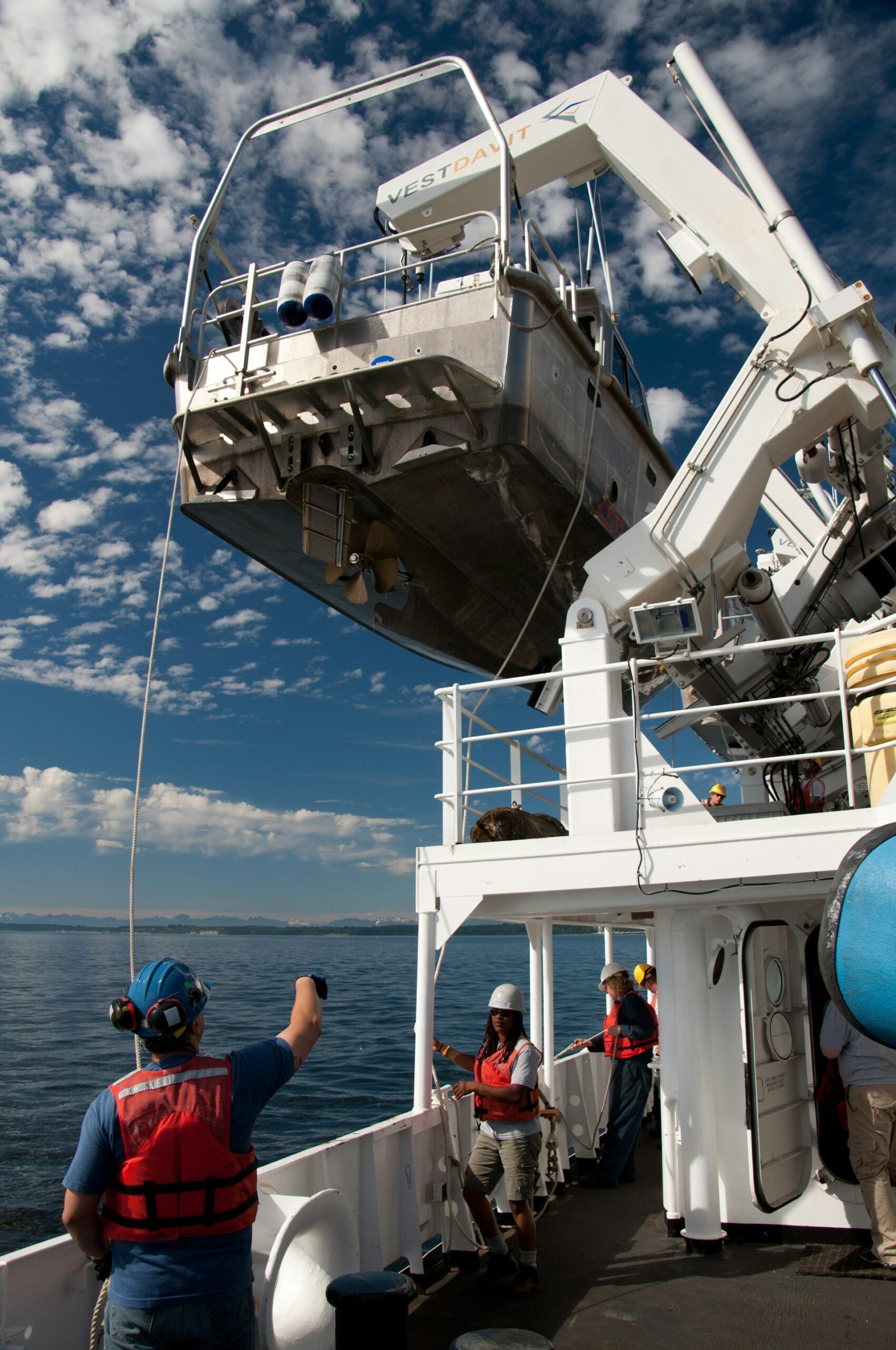Green Travel Technology Innovations: Transforming Sustainable Tourism for 2025 and Beyond

Photo by Alain Duss on Unsplash
Introduction: The New Era of Green Travel Technology
As sustainability becomes central to global travel preferences, technology is driving a revolution in how we explore the world. Travelers, businesses, and governments are increasingly adopting green innovations to minimize their environmental impact. This article examines the most significant green travel technology innovations shaping tourism in 2025 and beyond, offering actionable guidance for travelers and organizations seeking to access these advancements.
AI and Machine Learning: Powering Sustainable Journeys
Artificial intelligence (AI) and machine learning are rapidly transforming travel by optimizing every stage of the journey. Airlines use AI to predict weather disruptions and reduce delays, while platforms like Hopper leverage machine learning to help travelers save up to 40% on flights by forecasting fare changes. AI-powered chatbots streamline booking and customer service, and biometric boarding-such as that implemented at Heathrow Airport-has cut wait times by 40% [1] . These tools reduce resource consumption and support more efficient, eco-friendly operations.
Travelers can benefit from these technologies by using reputable booking platforms that incorporate AI for personalized recommendations. For instance, AI-driven itinerary planners now suggest eco-friendly hotels, public transit options, and activities based on sustainability ratings, allowing users to make informed choices.
Automated Carbon Tracking and Reporting
Accurate carbon tracking has become essential for responsible travel. Modern platforms such as TripStax automate the collection and reporting of carbon emissions data at every booking stage. In 2023 alone, TripStax processed over 43.6 million automated COâ‚‚ data requests, providing travelers and businesses with real-time insight into their environmental footprint [2] . This enables organizations to compare the impacts of various travel options, such as rail versus air, and align travel strategies with environmental, social, and governance (ESG) goals.
To access carbon tracking features, travelers and companies should inquire with their travel management company (TMC) or booking platform about integrated sustainability modules. Many platforms now provide dashboards with trip-by-trip emissions data. For those interested in offsetting their emissions, services like TripZero fund verified climate projects, allowing travelers to neutralize their footprint at the point of purchase [1] .
Eco-Friendly Transportation Innovations
Transportation is a major contributor to travel-related carbon emissions, but recent innovations are making it greener. The introduction of electric planes is one of the most significant advancements, as these aircraft reduce greenhouse gas emissions compared to traditional jet fuel-powered models [4] . While widespread commercial service is still developing, several airlines have announced pilot programs for regional electric flights.
For travelers seeking sustainable transport options now, consider the following steps:

Photo by å²æœˆ å¦‚æŒ on Unsplash
- Opt for electric or hybrid rental cars where available.
- Choose rail travel for short-haul trips within regions that offer efficient networks, as trains typically have lower emissions per passenger-mile than planes.
- Use ride-sharing apps that highlight electric or shared vehicle options.
Many leading car rental agencies now offer hybrid and electric vehicles. When booking, select the ‘eco-friendly’ filter or speak with a company representative to confirm availability. For intercity travel, search for national or regional rail operators that promote green credentials-for example, Amtrak in the United States or Eurostar in Europe.
Immersive Technologies: AR, VR, and Smart Experiences
Augmented reality (AR) and virtual reality (VR) are enhancing sustainable travel by providing immersive experiences that reduce the need for physical travel. For example, AR guides overlay digital information on real-world environments, offering interactive historical or ecological insights without paper guides or extra travel [4] . VR tours allow prospective travelers to explore destinations virtually, helping them make informed choices and potentially reducing unnecessary trips.
To access these experiences, look for major museums, landmarks, and tourism boards offering official AR or VR apps. These are often available through the Apple App Store or Google Play, and many are free. A quick search for the destination’s official tourism website or app can reveal available digital experiences.
Sustainable Accommodations and Smart Infrastructure
Hotels and lodgings are embracing sustainable technology through solar power, water-saving systems, and AI-driven energy management. Leading hotel chains now offer eco-certified properties that use renewable energy, minimize waste, and optimize resource use. Digital-first check-ins and contactless controls further reduce paper and plastic waste [1] . Some eco-lodges feature off-grid capabilities, employing renewable energy and smart water systems for minimal environmental impact [4] .
Travelers seeking sustainable accommodations can:
- Use booking platforms with ‘eco-friendly’ or ‘sustainable’ filters. Several major platforms now include third-party certifications such as Green Key or EarthCheck.
- Contact hotels directly to ask about their sustainability practices, such as energy sources, waste management, or community engagement.
- Look for properties that publish annual sustainability reports or are featured in reputable sustainability rankings.
Data-Driven Decision Making and Personalization
Big data and analytics are empowering both travelers and providers to make greener choices. Platforms with centralized data warehouses, such as TripStax Core, aggregate information from multiple sources, allowing for sophisticated comparisons of travel options based on emissions, cost, and convenience. This visibility enables both individual travelers and businesses to align their choices with sustainability goals [2] .
To leverage these benefits, travelers should:
- Request emissions data when booking through a travel agency or online platform.
- Use third-party tools for analyzing travel alternatives, such as comparing public transit to air travel for short distances.
- Participate in loyalty programs that reward sustainable choices, such as opting for digital receipts or refusing daily housekeeping.
Implementation Challenges and Solutions
Despite rapid progress, barriers remain. Not all destinations or providers offer the latest green technologies, and data integration between platforms can be inconsistent. Travelers may find that electric vehicle infrastructure is limited in certain regions, or that sustainability certifications are not standardized globally.
To address these challenges:
- Research destinations in advance, focusing on those with robust green infrastructure and transparent reporting.
- Advocate for greater transparency from providers and ask about their sustainability commitments.
- Stay informed about evolving standards by following industry news and updates from global bodies such as the World Tourism Organization (UNWTO).
How to Access Green Travel Innovations
Accessing the latest sustainable travel technologies requires proactive steps:
- When booking travel, use platforms that provide transparent sustainability data and offer eco-friendly options. If unsure, search for platforms using terms like “sustainable travel booking” or “eco-friendly hotel search” along with your destination.
- For business travel, consult with your travel management provider to ensure automated carbon tracking and reporting features are enabled.
- To offset your carbon footprint, look for verified climate project partners such as those affiliated with major travel agencies or non-profit organizations.
- To experience AR/VR travel guides, search your mobile device’s app store for official destination apps or ask your hotel/tour operator for recommendations.
- Stay updated on new developments by reading blogs and news from major travel technology publications, or by following industry leaders on social media platforms.
Key Takeaways and Looking Ahead
Green travel technology is rapidly evolving, offering travelers and businesses unprecedented tools to reduce their environmental impact. From AI-driven personalization to automated carbon tracking, electric planes, and immersive digital experiences, these innovations are reshaping the future of tourism. By staying informed and making conscious choices, anyone can participate in the movement toward a more sustainable and rewarding travel experience.
References
[1] GeekyAnts (2025). Travel Tech Revolution 2025: The Trends Reshaping Tourism Forever. [2] TravelTech Show (2025). The Future of Sustainable Travel: Green Tech in 2025. [3] Startup House (2025). Top 10 Travel Innovation Trends for 2025. [4] Coax Software (2025). 6 Travel Technology Trends That Will Shape Tourism in 2025. [5] STQRY (2025). 10 Emerging Travel Industry Technology to Watch in 2025.



